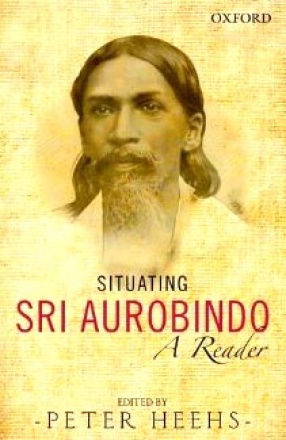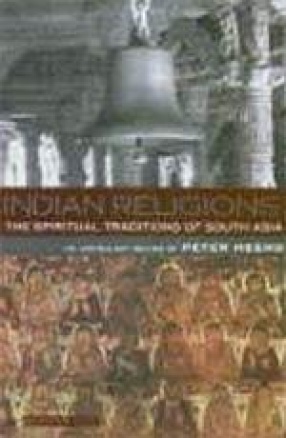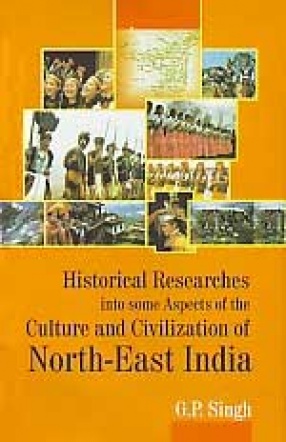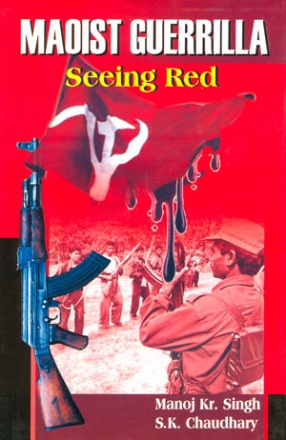Nationalists of the Swadeshi period (1905-12) enunciated the aim of complete independence and developed methods of resistance–non-violent and violent–that would be taken up by Gandhi, Bose and others after 1920, This volume of essays examines some of the more important and problematic aspects of the Swadeshi movement, such as the relationship between terrorism and non-violent resistance. It contains an analysis of the first group of Indian terrorists, and the relationship of Aurobindo Ghose to this group and to terrorism in general. Also examined here are foreign influences on Bengal terrorism and the nature of Bengali ‘religious nationalism’. The author also devotes himself to a theoretical study of communalism. His essays, based on original research in primary sources in English, Bengali and French, are informed by but not limited to the approaches of the major schools of interpretation. This volume, written in a lucid style, will be of interest to historians of modern India, students at the post-graduate level, and general readers interested in modern Indian history and current affairs, both in India and abroad.

Nationalism, Terrorism, Communalism: Essays in Modern Indian History
In stock
Free & Quick Delivery Worldwide
reviews
Bibliographic information
Title
Nationalism, Terrorism, Communalism: Essays in Modern Indian History
Author
Edition
1st ed.
Publisher
ISBN
0195643135
Length
x+174p., 22cm.
Subjects





There are no reviews yet.